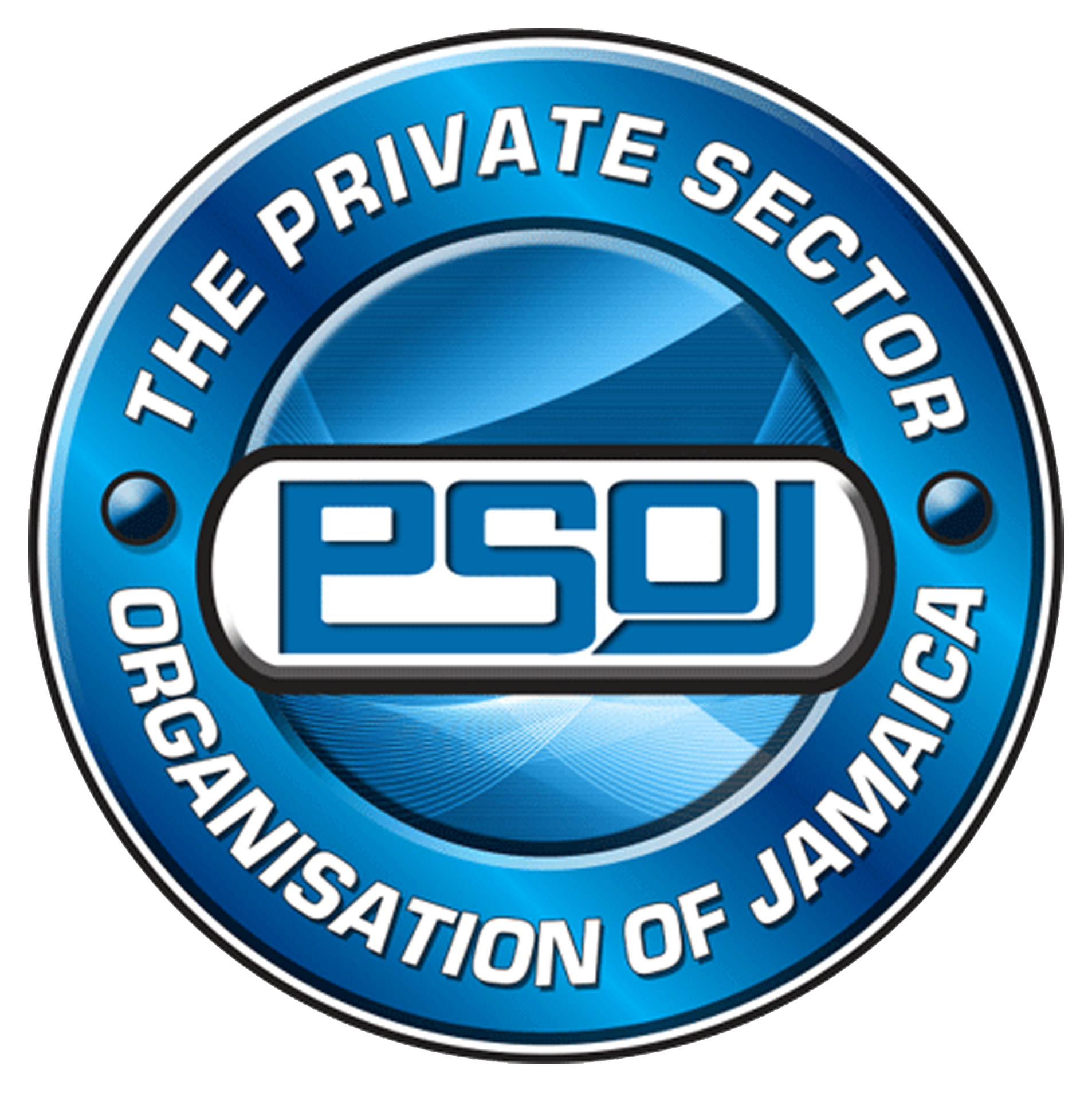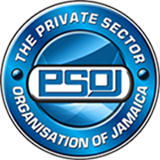
The Jamaica Constabulary Force (JCF) has reported that there have been at least 47 murders committed in Jamaica since the start of 2022.
Based on the continued surge, it would be prudent to implement enhanced measures to curtail and cauterise the extremely high levels of crime that the country faces. The Private Sector Organisation of Jamaica (PSOJ) has previously stated its support for the implementation of States of Public Emergency (SOPE) as a short to medium-term tool to aid in the crime reduction and crime-fighting tactics by the security forces. Once again, that position is reiterated with the amendment to include the Emergency Powers Review Tribunal (EPRT) for SOPEs.
With previous iterations of the SOPEs, a major judicial concern included the abrogation of the rights of citizens predominantly through an extended period of detention without charge. With the implementation of the Tribunal, the three-member body would be mandated to perform a compulsory review of a person’s detention or restriction of movement within seven (7) days, whether an objection has been raised by the person. This would allow for the security forces to make a case against the person to the Tribunal.
Once a review has been done, the relevant authority shall comply with the directions given by the Tribunal. If the detention or restriction is subject to a continuation, another review would be carried out in intervals of six weeks (6) before the Tribunal. The maximum period under which a person may be detained or restricted is for ninety (90) days.
The PSOJ urges that the operationalization of the Tribunal be implemented in full accordance with the rights afforded to all citizens under the law. With this amendment and provision, the implementation of SOPEs, where necessary, is bolstered to work in unison with other aspects of the country’s crime plan. In addition to enhanced security measures, other pillars are: (1) modernization and reform of the JCF, (2) updating legislation, (3) social and community transformation (4) correctional reform, and (5) border control.
The impact of crime is unarguably far-reaching and has direct impacts on the business community including increased costs of operations, security costs, hindrances in the implementation of more shifts for employees due to possible exposure to criminal elements and the trauma for employees and their families living in crime-riddled communities.
It is estimated that the cost to address crime amounts to 5 per cent of our national GDP. It is our hope that when residents ask for SOPEs to be implemented that the Government and Opposition will act in the best interest of the citizenry.
